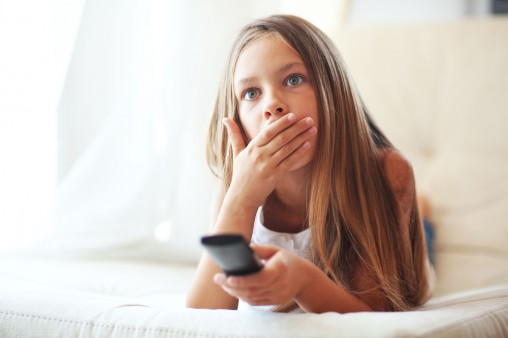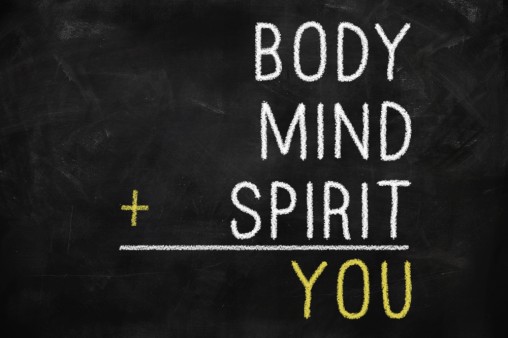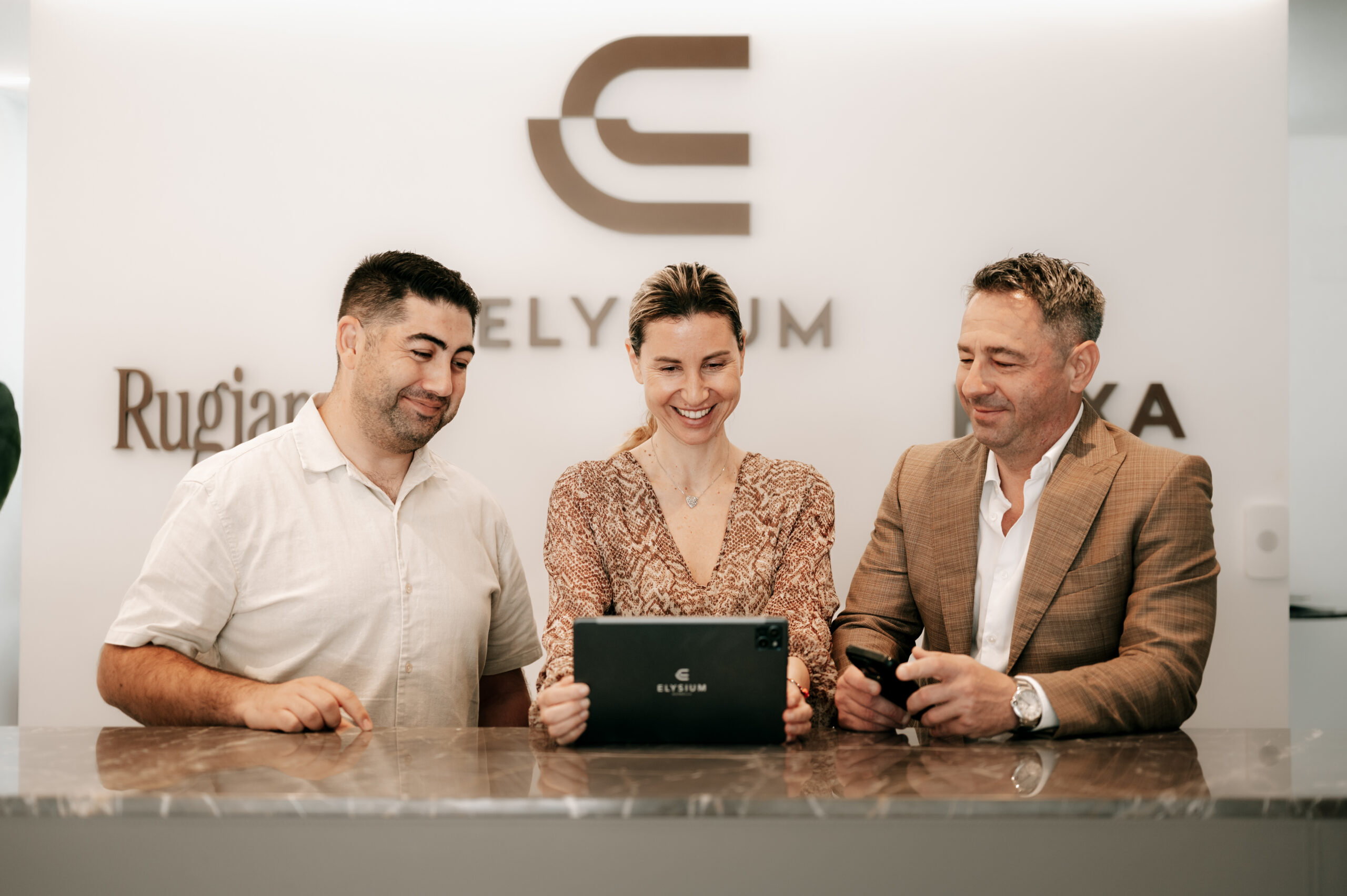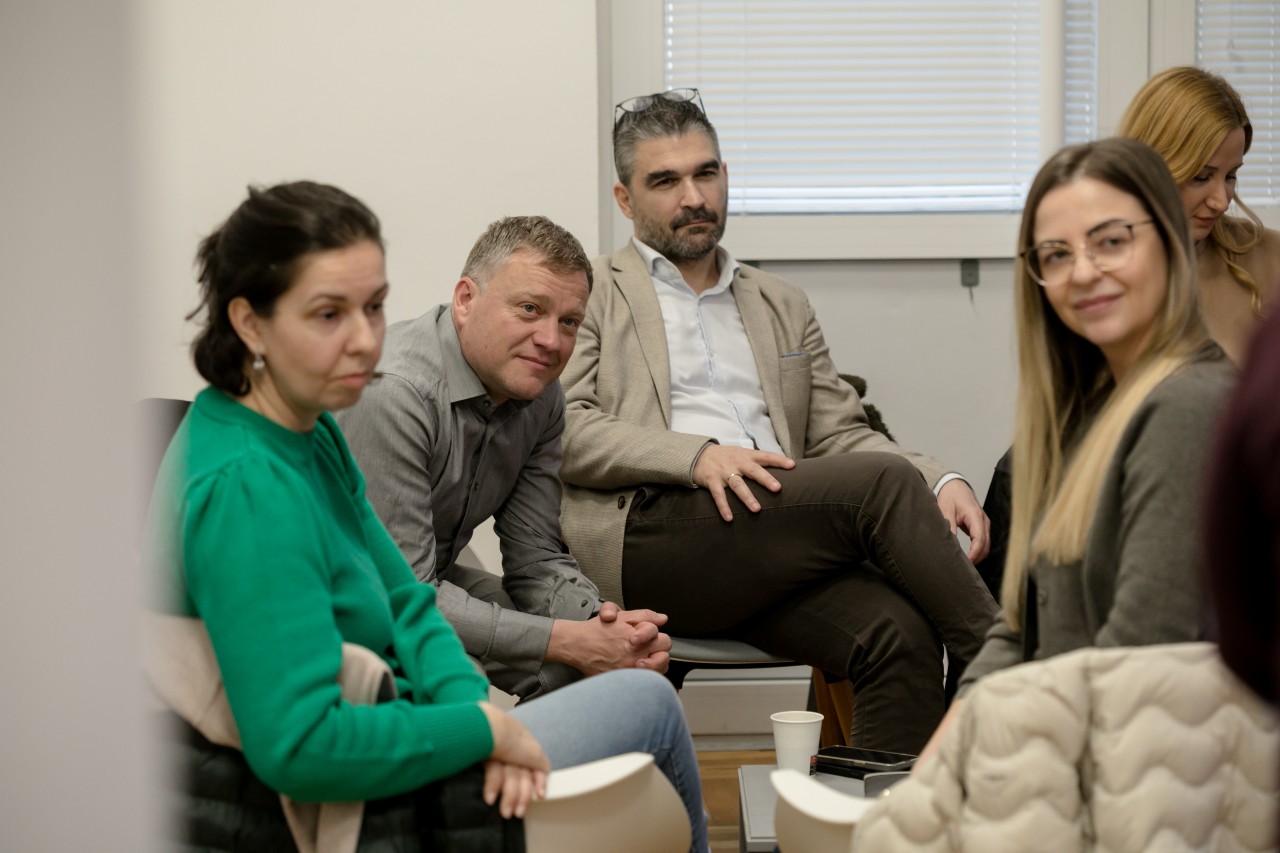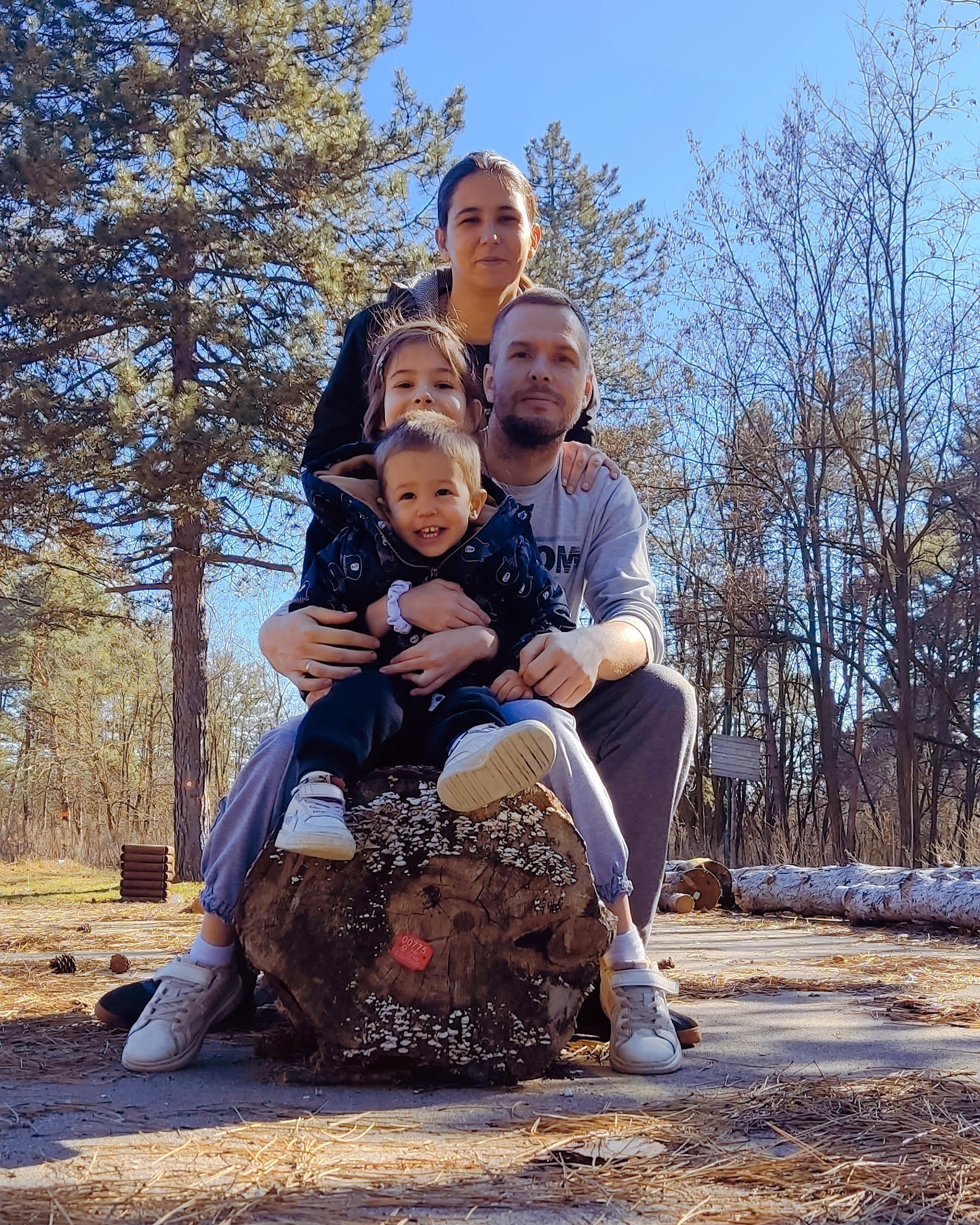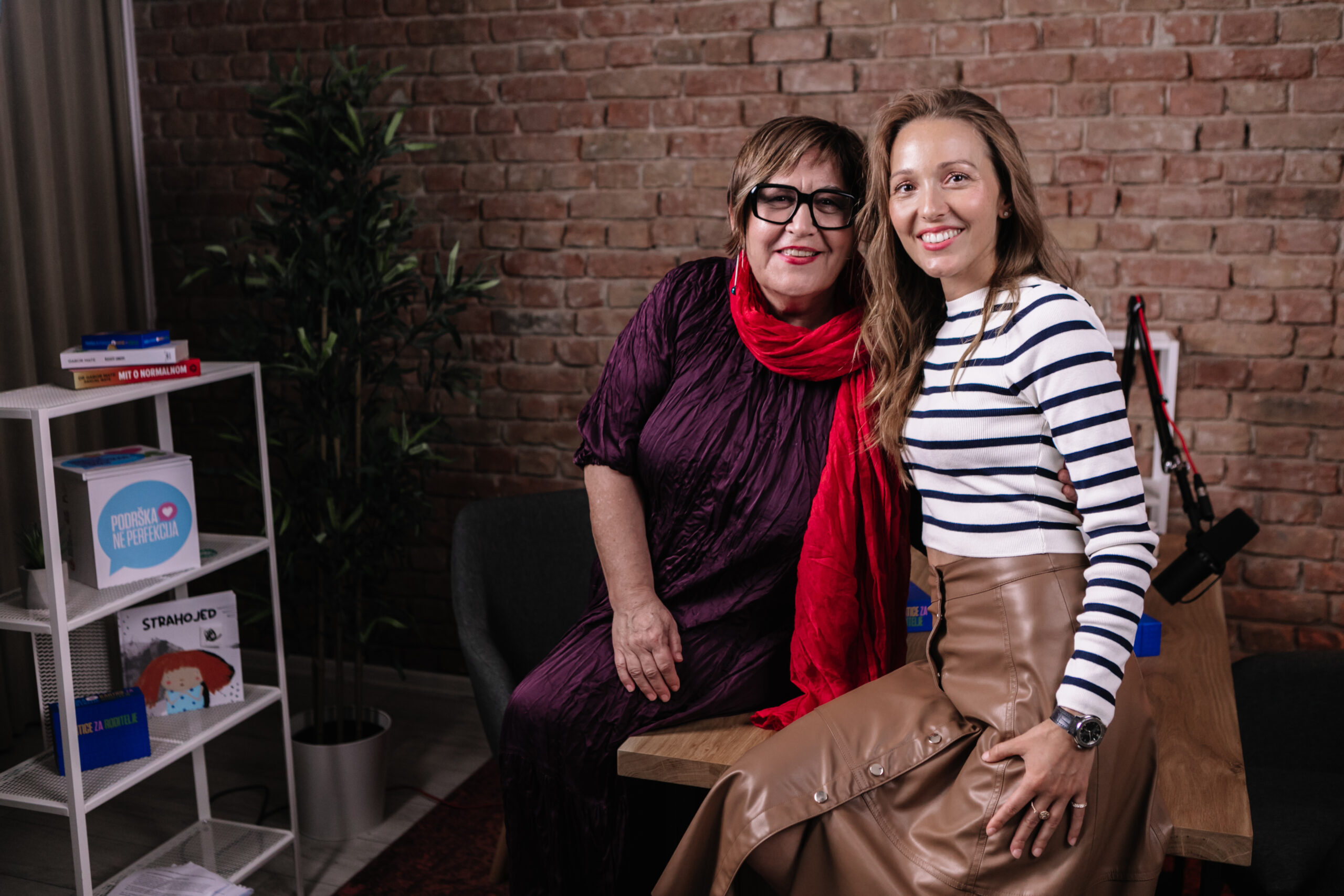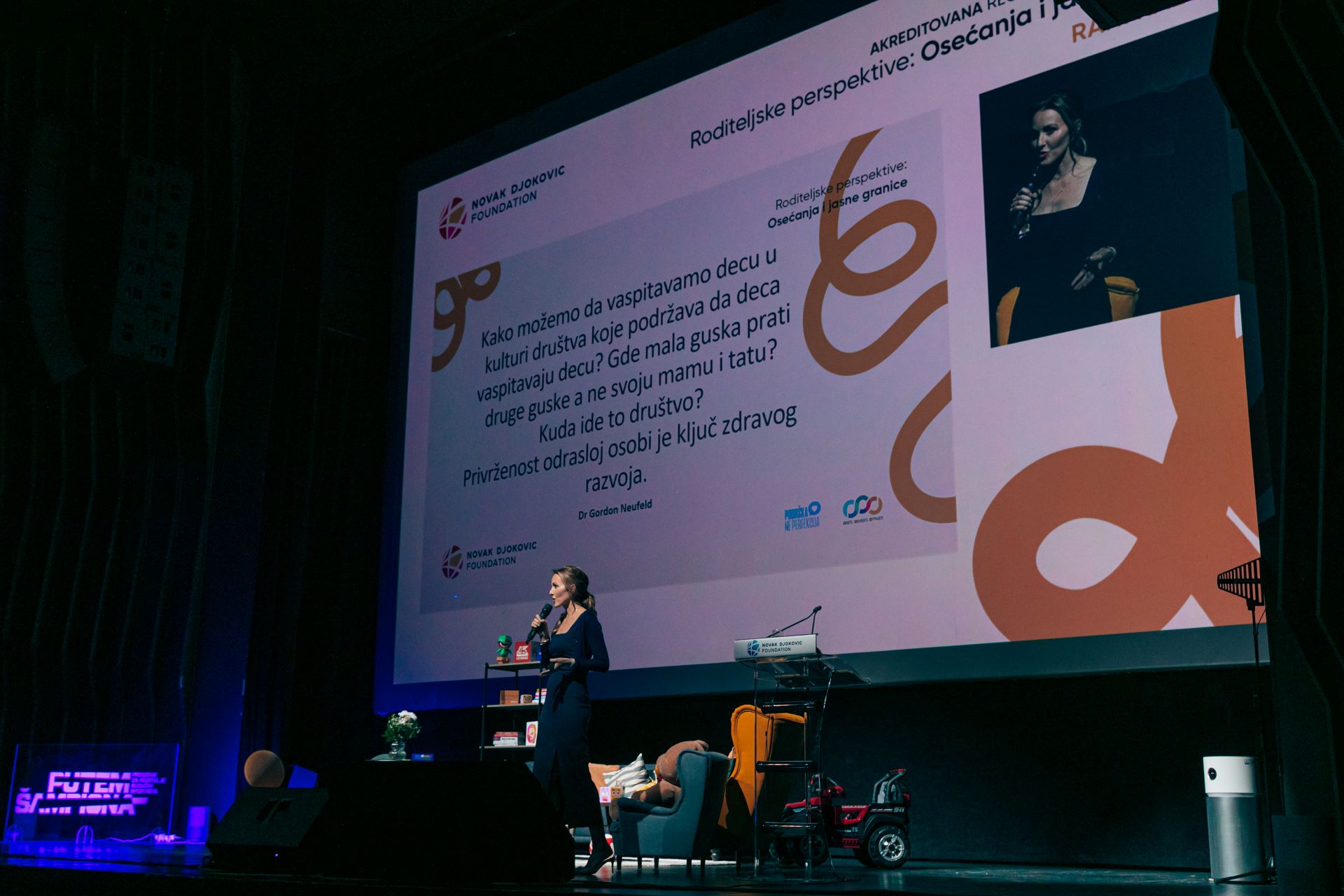Will a 15 or 18 label really protect children from sexually explicit videos? Should such videos with adult-themed content be rated according to age? Will video age rating introduce more than just a popup window? Is it acceptable censorship or would it do more harm than good?
Online music videos will get a PG rating from October 1st in the United Kingdom to protect children. The pilot scheme will initially run for three months and will involve YouTube, Vevo and the British Board of Film Classification „to protect children from some of the graphic content music videos“, announced David Cameron. It has also been backed by three big music labels in the UK, Warner Music, Sony music and Universal, that represent 85% of all music released in the UK and that will enforce the same age-classification system as films (12, 15 or 18).
Prime Minister David Cameron:
Helping families with children and parenting shouldn’t stop at childbirth.
Indeed, the aim is to protect children with online content as well as offline content and to give parents some degree of control over what their kids can watch.
In order to prevent children from watching explicit content online, parents in the UK will be able to enable filters on computers and mobile devices so as to block videos according to their ratings.
However, it is not clear yet how the platforms will enforce the new program and it will only apply to British music videos. Critics have also argued that this is a short-term plan and warning consumers about what they view on and offline takes more time and education than simple filters.
Even with this program, it remains up to parents to enable the feature or not, around which tech-savvy teenagers will find a way anyway. David Cameron also said:
That is part of what being a parent is about – being able to deploy the use of the word no and sometimes even to deploy the off switch on the television, unpopular as that can sometimes be, and sometimes ineffectual because they find another screen somewhere to switch on.
If parents do not feel concerned with this and do not turn on the filters then no child is protected and the measure is useless.
Generally, parents are worried not just about sexual content but also about scenes with drugs, violence and „bad behaviour.“ This is problematic as there is no general definition of „bad behaviour“ and it differs from one family to another depending on location, personal beliefs, wealth or religion. As reported by the Guardian, a 2007 report by the American Psychological Association showed a direct link between the sexualisation of girls in virtually every form of media and common mental health problems in girls and women (low self-esteem, depression, eating disorders).
However, don’t you think that this can be subject to debate? Would you see this new policy as equal to censorship? Children need to be able to experience the good and the bad. They need to learn about issues such as sexuality and drugs, albeit in an educative and constructive way. Too many ratings and filters can amount to too much control and will instead be more harmful for your child’s growth and development.
Parents will always protect their children but protecting them also means saying no and explaining to them why such thing is wrong so that they are aware of it and can learn from it. There is no point in wanting to engineer innocence at all costs as this could in fact trigger violent behaviours later.
Finally, this is a problem with pop music in western countries at large but experiences with music and exposure to online and offline content varies greatly from one region to another. What works in the UK may not work in Serbia or the contrary. It is necessary to look at this issue from the child’s perspective, the parents’ but also the audience and population of a country at large.
[divider]
According to your personal values and opinions, do you think introducing age classification for music videos would protect children effectively in your country? Would you rather let your children experience this by themselves and educate them about the right and wrong of explicit content?



